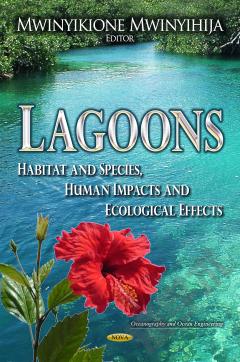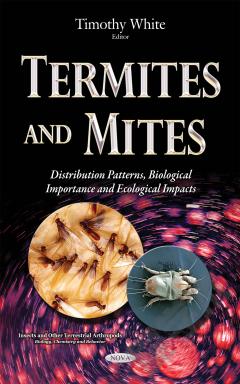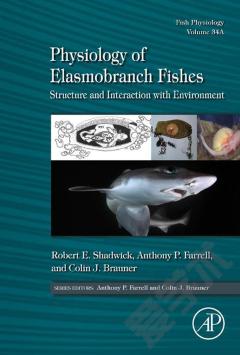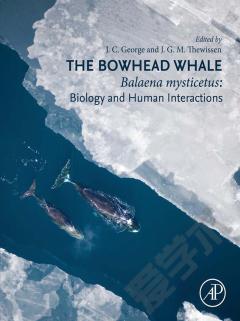Jellyfish: Ecology, Distribution Patterns and Human Interactions
Cnidarian jellyfish are among the most elegant and dazzling organisms inhabiting the global aquatic environment, due to their various and sometimes striking colours as well as their long and dense tentacle structures. Despite their extreme beauty, jellyfish are also considered as a very dangerous and venomous organism. Their genetic makeup provides them with batteries of intracellular capsules (nematocysts) produced by the Golgi apparatus of specialized cells (cnidocytes) from which the whole phylum Cnidaria takes the name (from the Greek κνίδη, which means “nettle”). As a matter of fact, some of these organisms are known as “sea nettles” and present a considerable amount of danger to bathers and sea-workers in several coastal zones around the world. Therefore, the occurrence of jellyfish blooms constitutes a serious threat from a sanitary and economical point of view, preventing humans from visiting beaches, coasts, and coastal waters by interfering with bathing and other recreational and vocational activities linked to the sea. In addition, the connection between jellyfish outbreaks and global environmental changes has been taken very seriously over the past few years. Indeed, human influence and worsening environmental conditions have induced many species to adapt to new situations, bringing about physiological and behavioural modifications. Notwithstanding these negative aspects, jellyfish are considered a resource to be exploited in the fields of drug discovery and as new prospects for human nutrition in countries where the use of such creatures as a food source is not traditional. This book aims to present an up-to-date view about the research on jellyfish by taking into account their ecological role, dynamics and distribution, health aspects and global implications connected to recurrent outbreaks, and the current and future prospects for utilization of these organisms in the fields of drug discovery, ecotoxicology and human nutrition.Target Audience:This title can be of interest for scientists engaged in different fields of study (ecology, environment, exploitation of resources, taxonomy, physiology, etc.).It can be useful also for chemists due to the health aspects linked to jellyfish stinging.Furthermore, the implications in drug discovery and in human nutrition make this title suitable also for pharmacologist and nutritionists.At last, this title could make itself attractive also from the popular point of view for not strictly expert people.
{{comment.content}}








 京公网安备 11010802027623号
京公网安备 11010802027623号